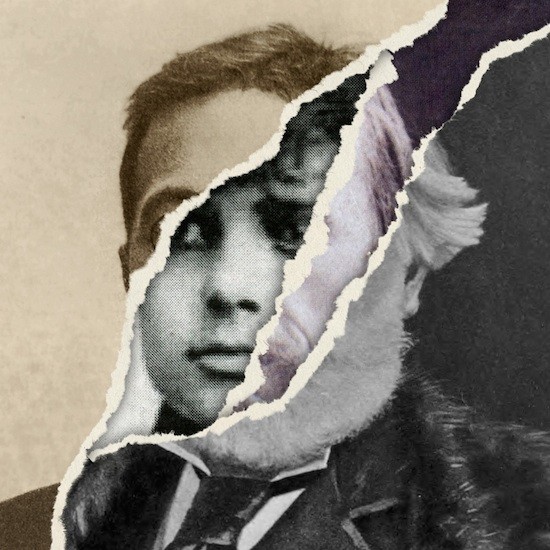Nobody had told her how bright it would be. Cold, yes, dangerous, of course (this was 1894, after all). But the light! It surrounded them like an ocean, assaulting the tiny sled with a relentlessness that would have been painful for anyone but was torture for her, whose eyes had been sensitive from birth. Later in life this photophobia would become so bad that she would have to hire someone to read the pages she was translating out loud (a method one amanuensis described as “very tedious and exhausting”). But at this point, there weren’t any assistants: there was just Russia, which shone during the day but emitted a soft glow after dark, like a horse steaming in its stable. When the sun went down, the sled stopped at a village for directions, and a peasant whom Constance Garnett described as having “an ivory face and jet black hair and beard, rather like some picture I have seen of John the Baptist” invited her into his hut:
I was blinded by the steam on my spectacles at first, then I saw the interior of a Russian izba for the first time. Two women and several children got up from their lockers on which they had been asleep… In the middle of the fearfully hot airless hut swung a sort of large birdcage covered with a large red cotton cloth, and from it came the miauling of a baby… I could not stay more than a few minutes in the izba—I was afraid of fainting—so I went out and sat in the sledge where the temperature was somewhere about zero under the immense dark blue starry sky. The peasant directed our driver. I remember one of the women ventured to put in advice—and was at once told to hold her tongue—that this was not a woman’s business [1].
It was a scene straight out of Turgenev, a writer whose unexpected vogue in late 19th-century England turned out to be the first wave of a fascination with Russian literature that would grip the anglophone world until the late 1920s. Over the course of its thirty-year run, this “Russian fever” [2] would influence not only specific artists, but also the way that writers, and readers, thought about fiction. It would transform the novel in English, swinging interest away from corseted descriptions of late-Victorian drawing rooms, and towards what D. H. Lawrence, writing about Anna Karenina, called “the bright book of life.” And it would do so, for the most part, in the voice of a single translator: Constance Garnett.

